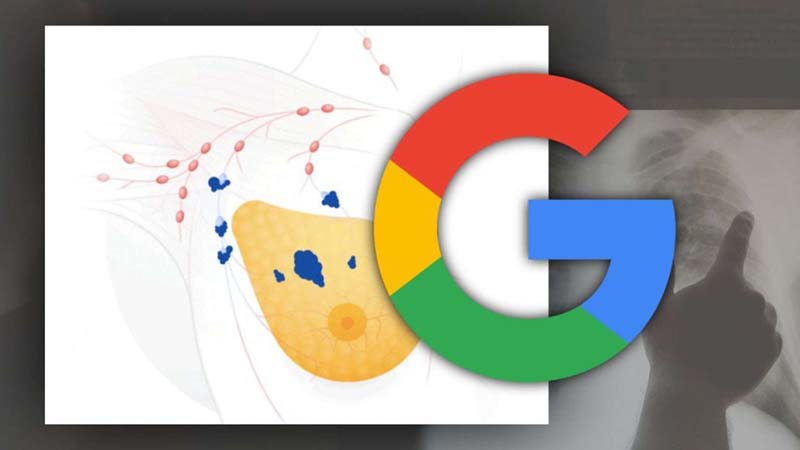Can artificial intelligence (AI) spot breast cancer more accurately than a human radiologist? Google would argue it can. The company claims to have developed an AI model that is “capable of surpassing human experts” in predicting breast cancer.
“In an independent study of six radiologists, the AI system outperformed all of the human readers: the area under the receiver operating characteristic curve (AUC-ROC) for the AI system was greater than the AUC-ROC for the average radiologist by an absolute margin of 11.5%,” the company wrote in a blog post.
Google has been working on the project for two years with clinical research partners in the United Kingdom (UK) and the United States (US). In a paper published in scientific journal Nature yesterday, the company claimed to have provided “evidence of the ability of the system to generalise from the UK to the US.
The AI model was “trained and tuned” on an anonymised data set of mammograms (X-Ray images of the breast used to detect cancer) from over 76000 women in the UK and over 15000 women in the US. The company then evaluated the accuracy of the AI model on a separate data set of 25000 women in the UK and 3000 women in the US. According to Google, it was ultimately able to reduce false negatives by 9.4% in the US and false positives by 5.7%.
That said, Google’s model won’t really replace a radiologist just yet. The company claims that its algorithm is better than what a single radiologist can do and “non inferior” against two. In breast cancer detection, a mammogram is usually checked by multiple radiologists before a conclusion is reached.
According to Wired, while a single radiologist is involved in the US, while in the UK’s NHS (National Health Service) at least two radiologists analyse a mammogram and both have to be in agreement about the result. India doesn’t have any set rules on this front, as to how many radiologists must look at a mammogram.
Further, there is some controversy on the dependability of a mammogram themselves. “It’s important to know that even though mammograms can often find breast cancers that are too small to be felt, treating a small tumor does not always mean it can be cured. A fast-growing or aggressive cancer might have already spread,” says the American Cancer Society.
However, Google’s algorithm isn’t necessarily meant to replace the radiologist either. According to a report from February 2018, India had only one radiologist per 2.18 lakh population. Algorithms like these could help fill those gaps, or at the very least augment a hospital’s need for radiologists. Doctors have argued that AI will never replace humans, especially in serious diseases like cancer, but they are tools the overall accuracy in various diagnoses.

